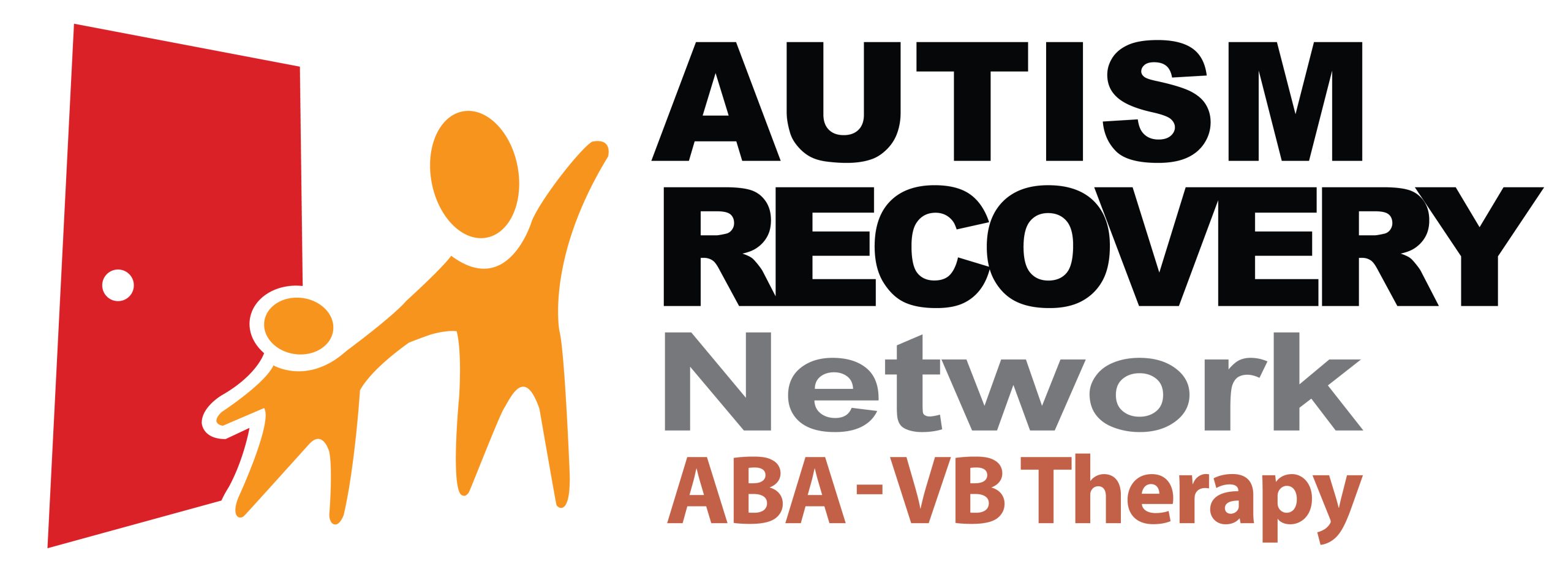Researchers at Rutgers New Jersey Medical School have developed a two-minute questionnaire for parents that could help pediatricians and other primary care providers detect autism in toddlers, at a time when intervention might be crucial.
In the new study, published in the Journal of Developmental and Behavioral Pediatrics, lead investigator Walter Zahorodny, associate professor of pediatrics, said the Psychological Development Questionnaire (PDQ-1), developed at Rutgers, had an 88 percent likelihood of correctly identifying which of the youngsters that screened positive because of the questionnaire had autism spectrum disorder(ASD).
The 1,959 18- to 36-month-old children who participated in the study received screening through a network of cooperating pediatric practices in Essex and Union counties and were not known to have any developmental problems.
Those who got low PDQ-1 scores were considered to be at risk of ASD and received comprehensive developmental evaluations to determine whether they were on the spectrum. The new screening test correctly identified autism in children from all socioeconomic communities.
“Even though autism awareness is high in New Jersey and we have some excellent resources, too many children, especially from low-income communities, are identified late. The availability of valid and efficient screeners, like the PDQ-1, may enhance our ability to detect ASD in young children and expand the number of youngsters receiving early intervention,” Zahorodny said.
Some of the PDQ-1 questions posed to parents include whether the child points or gestures to show interest or get attention, responds to their name, enjoys playing peek-a-boo, speaks in phrases and relates to others.
Zahorodny, a psychologist, said the findings provide preliminary evidence in support of the PDQ-1. The new tools, he said, may provide a practical alternative to the Modified Checklist for Autism in Toddlers and the follow-up (M-CHAT-R/F) which requires a telephone interview in addition to screening.While the early detection of ASD is challenging, and no single behavioral or observational approach is likely to be reliable for all children, the Rutgers researchers believe their new screening method is promising and deserves wider application and study.
“Diagnosis of autism can only be accomplished through comprehensive evaluation by a professional,” Zahorodny said. “Effective screening is but the first step toward diagnosis. If we want to improve early detection, easy-to-use and reliable autism screeners need to be widely used.”
According to the U.S. Centers for Disease Control and Prevention, one in 68 children have ASD. Autism occurs in all racial, ethnic and socioeconomic groups, but is 3 to 4 times more common in boys. Though the American Academy of Pediatricians has urged pediatricians to screen all children for ASD at 18 and 24 months, since 2007, it is estimated that only half of all children are screened at that age.
Link to original article: https://medicalxpress.com/news/2018-02-autism-two-minute-questionnaire.html

